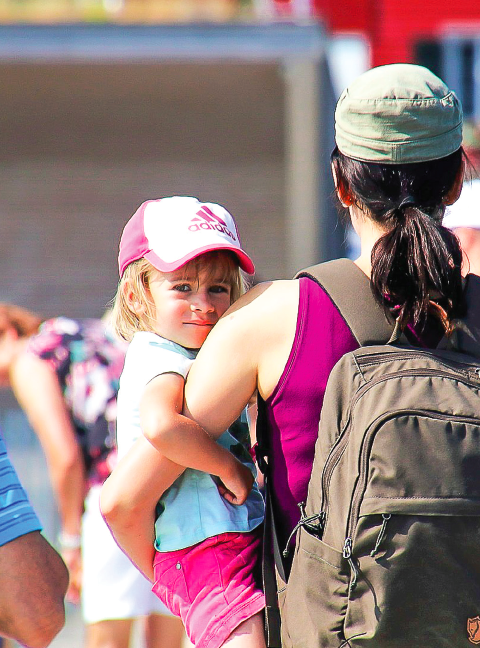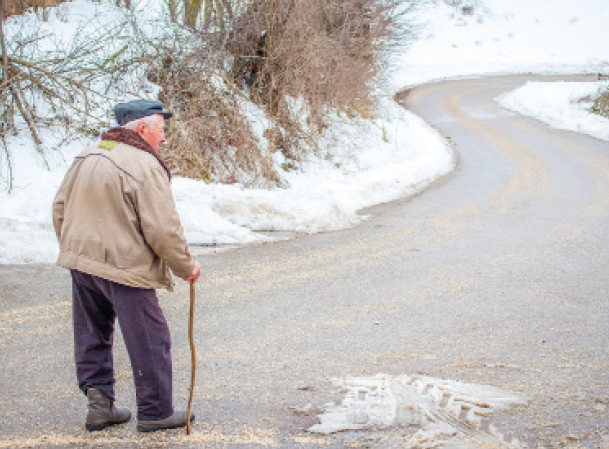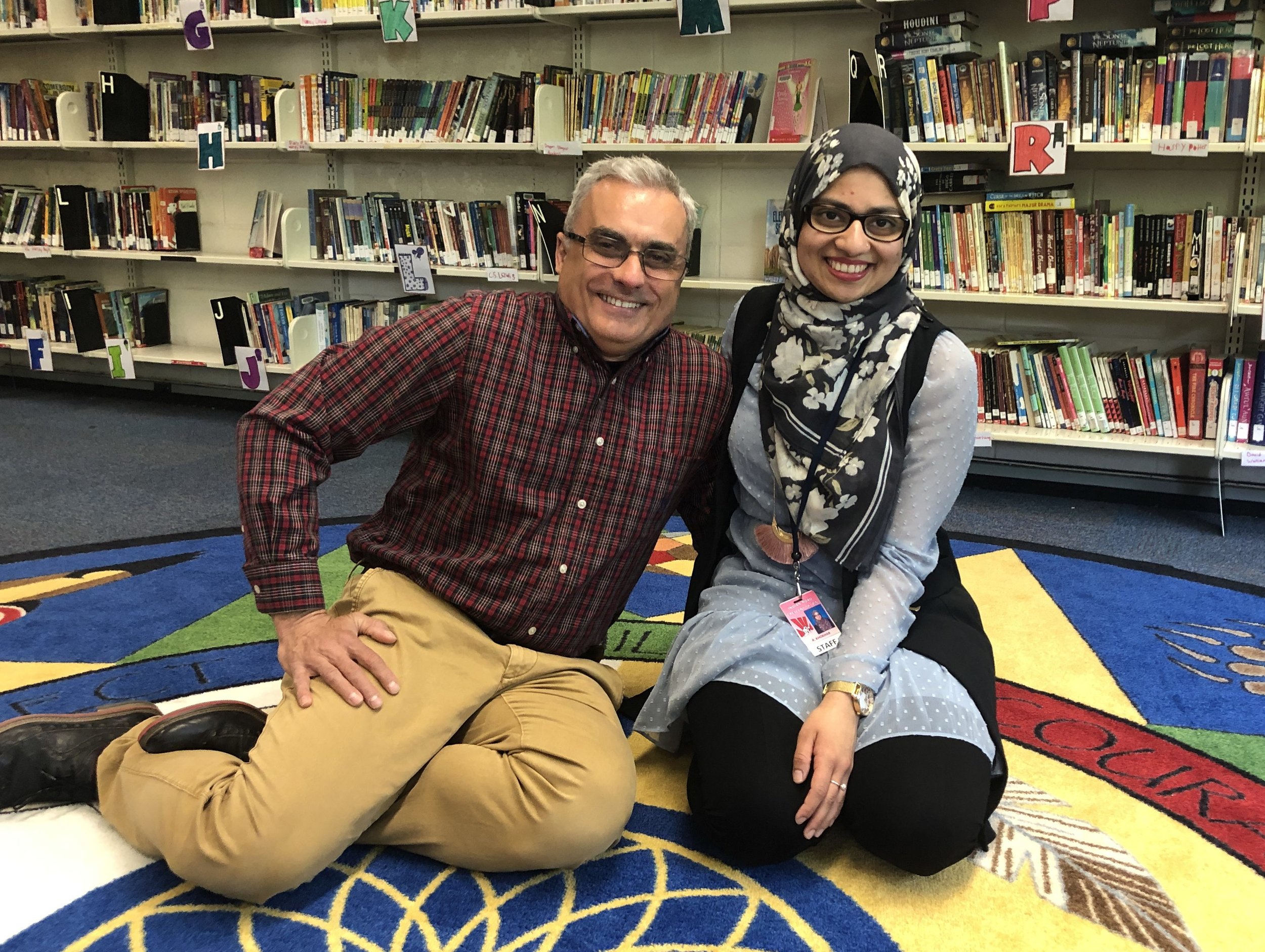On Saturday, August 17, Hispanic Mothers with Autistic and ADHD Children Ontario (HAACO) hosted their first official meet and greet event in our community. Attendees included local NDP MPP of Humber River-Black Creek, Tom Rakocevic, PC MPP of York Centre, Roman Baber, federal NDP candidate for York Centre, Andrea Vasquez Jimenez, and former Toronto City Councillor and current federal NDP candidate of Humber River-Black Creek, Maria Augimeri.
The event brought together a room full of parents and advocates from the autism community, including local residents and those throughout the GTA and Hamilton region. The event was hosted by Casa Maiz and the youth leaders who work at the cultural centre, and sponsored by Beyond the Spectrum. Representatives from It's Medically Necessary, a grassroots awareness campaign outlining why autism therapy should be deemed medically necessary in Canada, attended to show support.
Susel Munoz, founder and director of HAACO, introduced her organization and spoke to her own experiences as a Hispanic and Latinx mother of four children on the autism spectrum. HAACO's mission is to raise awareness about autism and ADHD while reaching out to parents about the tools and resources available to help them advocate for their children. Volunteer Coordinator, Diana Radonich worked with Susel to make this event inclusive, informative and moving for all in attendance.
Given the challenges faced by parents of children who on the spectrum, Susel shared what motivates her and opened the floor for other parents to discuss their own experiences. All parents vocalized that there continues to be a strong need for substantial improvements, especially provincial and federal investments in order to make the support system financially fair and accessible for everyone who needs it.
Susel asked working professionals, policy experts, and residents to lend a hand or donate to help strengthen the cause, especially members from the Hispanic and Latinx community. She added that all levels of government need to use an "equity and inclusion lens in terms of how they engage with communities and develop policies regarding the autism file." At this time, most parents, especially those in the Hispanic and Latinx community are not given the same tools and resources as other groups, meaning that they ultimately get less of what they need. Susel said that this is due to the "narrow and exclusionary perspective" of the current policies and programs in place.
Susel highlighted that there are many challenges prior to and post-diagnosis for marginalized people in Ontario. Andrea Vasquez Jimenez expressed about how proud she was to see Hispanic and Latinx community leaders like Susel leading an initiative centred on the real issues. Vasquez Jimenez said that moving forward she will call for greater inclusion and more research to be conducted in the Hispanic and Latinx community with regards to the autism file.
Maria Augimeri spoke to the importance of education and about how data collection will help HAACO materialize and educate the public about autism and ADHD. Susel said that her organization is committed to using methods like surveys, in order to gather feedback about the diverse needs within the community, saying that HAACO plans to "use data to put together educational seminars and workshops."
MPP Tom Rakocevic gave Susel a scroll for all of her hard work and dedication to the community. He also shared a speech about the importance of developing a needs-based file that represents the real needs of all ASD and ADHD families, calling for responsible collaboration among government. Susel reinforced that constant research will help outline the varying needs and shape the messaging going forward, and that all levels of government must work together to make progress a reality. Given the recent cuts at the provincial level by the Premier, families are worried about their children's futures. PC MPP Roman Baber also gave a speech showing his support for ASD and ADHD families in the area.
Visit HAACO's social media pages, website and GoFundMe for further information about the launch of Hispanic Mothers with Autistic and ADHD Children Ontario.
Facebook: Hispanic Mothers with Autistic and ADHD Children Ontario
Website: www.haaco.org
GoFundMe: www.gofundme.com/helps-us-become-a-nonfor-profit-organization












